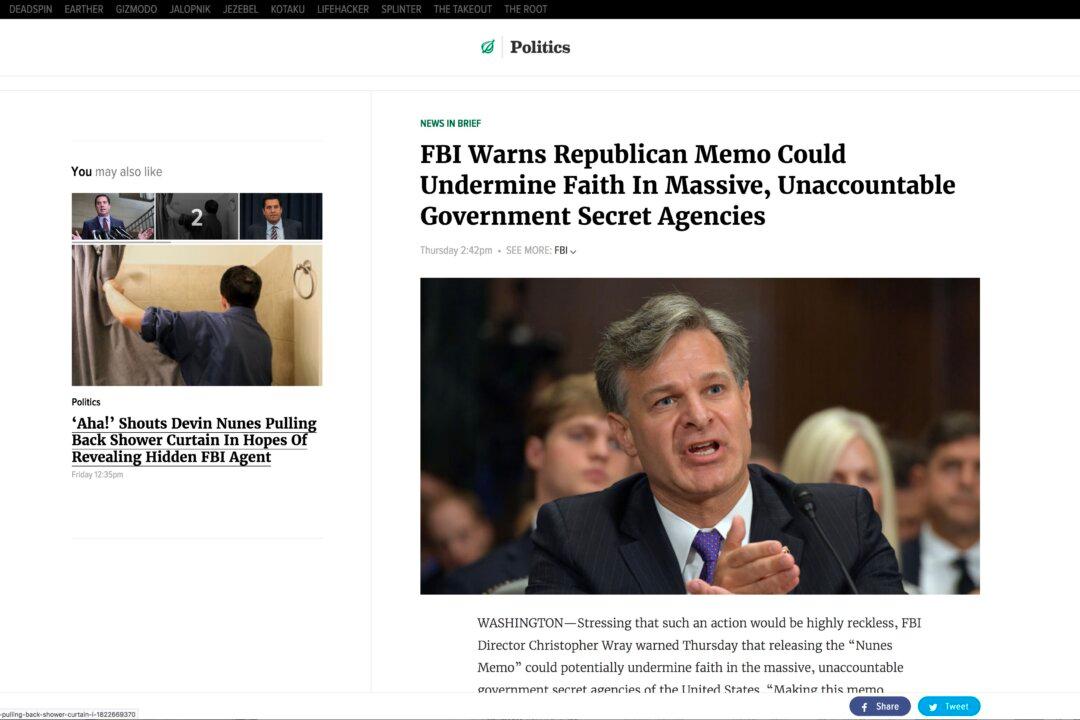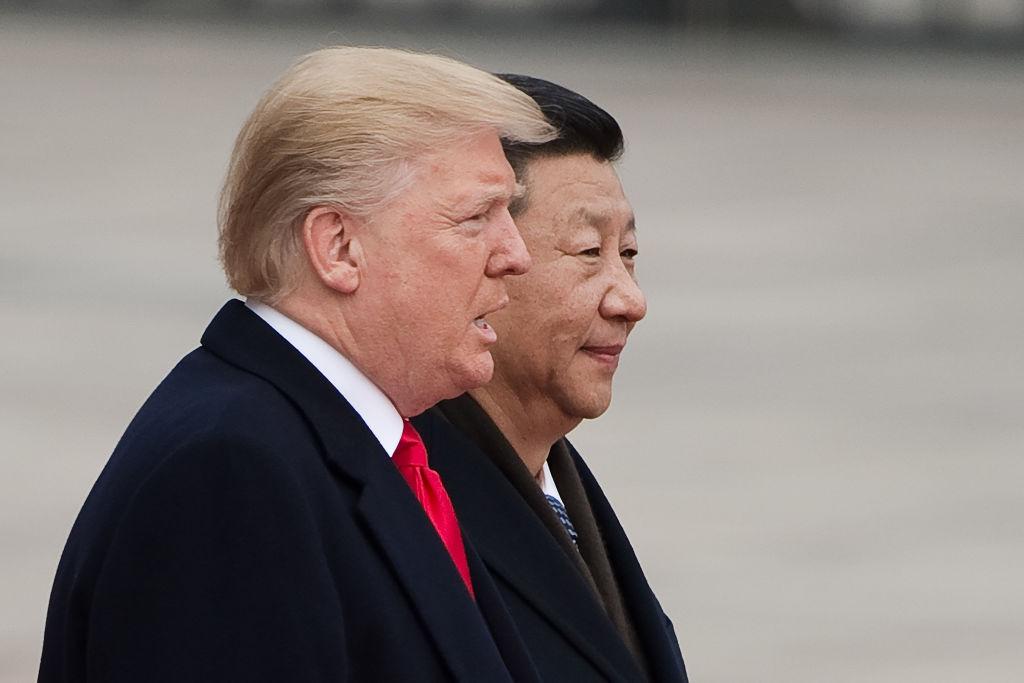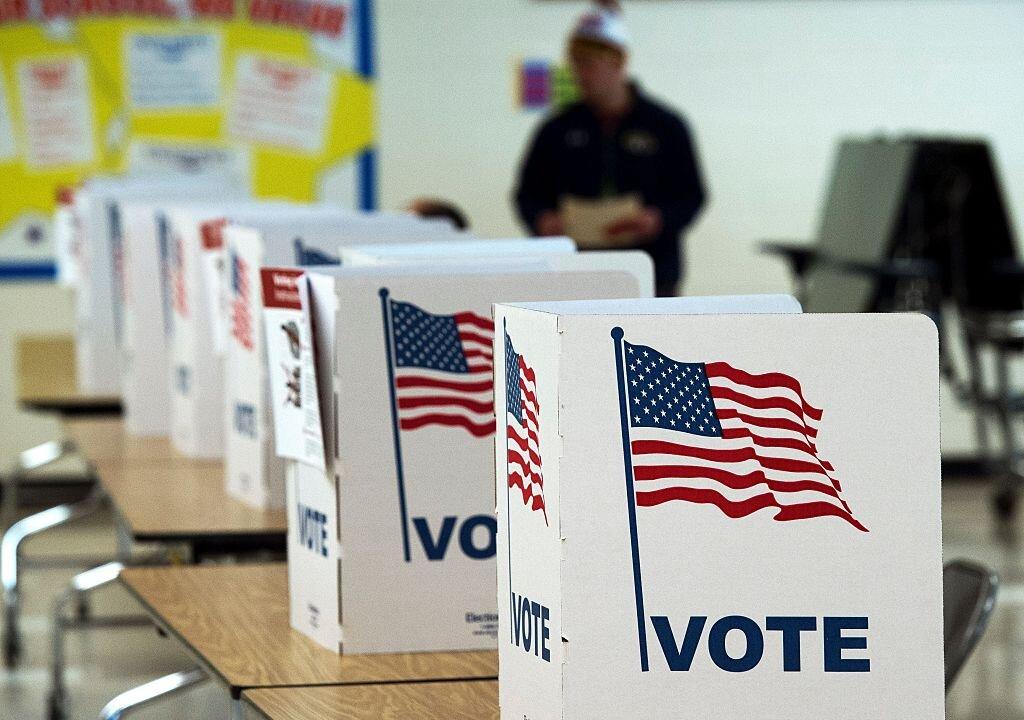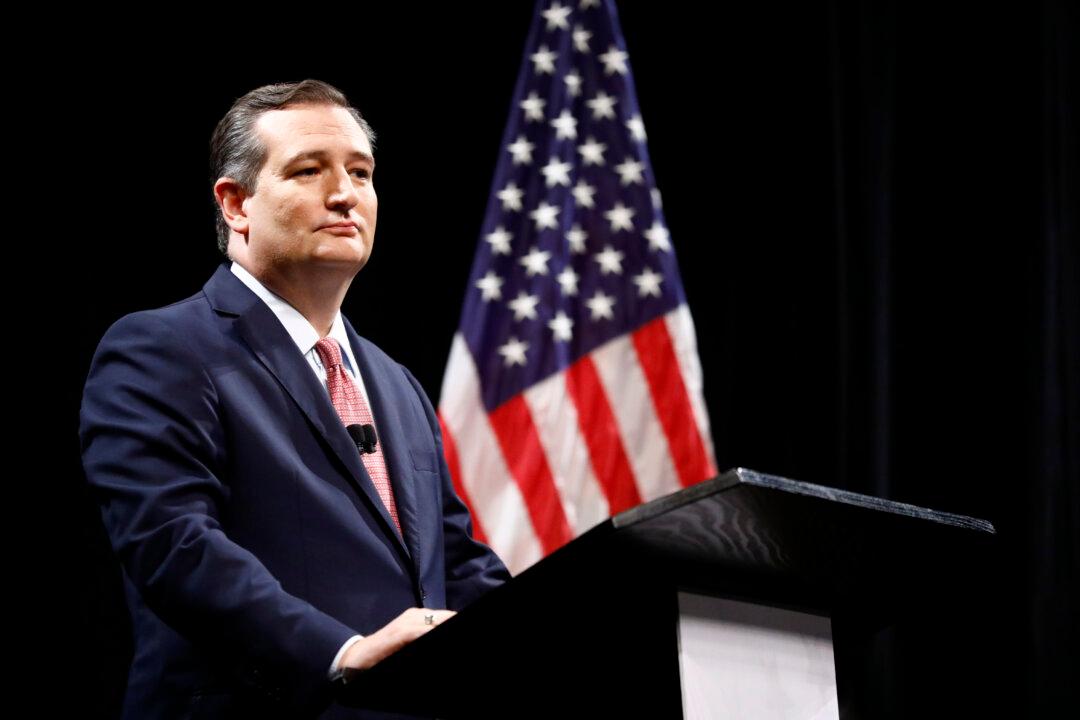The so-called Nunes memo, written at the direction of the chair of the House Permanent Select Committee on Intelligence, Devin Nunes (R-Calif.), to describe abuses in government surveillance carried out against the campaign of President Donald Trump, was finally released on Feb. 2.
One day before the Nunes memo was released, the satirical news website The Onion tweeted this:




